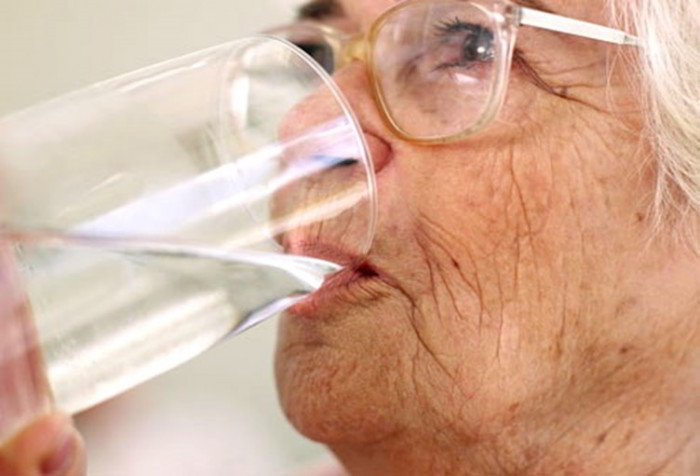A serious and dangerous deficiency of fluid Consumption, with the primary symptoms of thirst, dry skin and dry mucous membranes, and lightheadedness and nausea. Dehydration can be an extremely serious and even deadly illness. Moreover, people with DIABETES who are dehydrated are in serious risk of going into a hypoglycemic coma and want treatment promptly.
Causes
The main causes of dehydration are as follows:
- Poor fluid consumption
- Vomiting
- Diarrhea
- High temperature
- Diuretic medicines or other drugs
- High glucose levels (hyperglycemia)
- Bleeding
Symptoms
Weakness and pallor (in a white or Asian man) are symptoms of dehydration. Poor skin turgor is another (when skin on the arm is pulled lightly, it will not quickly return to standard).
Diagnosis and Treatment
The Diagnosis of dehydration is dependant on the doctor’s observations of the signals of dehydration in the patient. A blood test can be required to check the Blood Urea Nitrogen (BUN) levels. High BUN levels suggest dehydration.
Doctors treat dehydration by discovering the origin of the issue and, at the exact same time, by replacing lost fluids to an adequate degree. Generally intravenously. The patient is also encouraged to have liquids orally, when potential. The dehydrated senior may have to be hospitalized for at least a day, determined by the severity of the dehydration. After dismissal, the patient should continue to drink copious amounts of fluid for at least several days.

